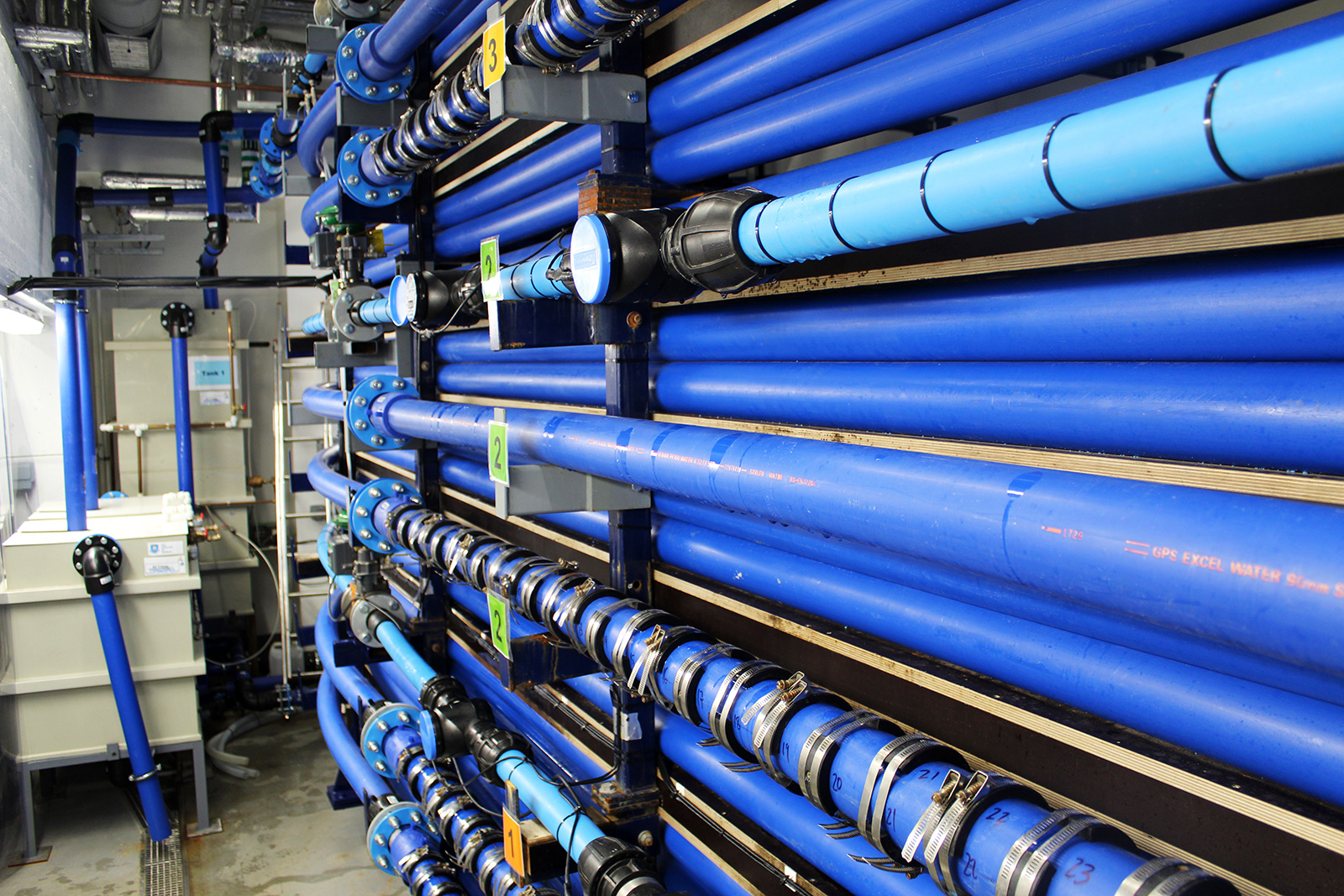BLOG
Transformational innovation in the water sector
Share this article
In July, Ofwat (the economic water regulator) published their Emerging strategy: Driving transformational innovation in the sector that is currently out for consultation. Earlier this year Caroline Wadsworth, the TWENTY65 Water Innovation Hub Manager, was invited to present at the All Party Parliamentary Water Group chaired by Angela Smith MP and Baroness McIntosh of Pickering on the Future of the Water Sector. Alongside Ofwat, the Future Water Association and Anglian Water, Caroline presented her thoughts on what is required to enhance innovation in the water sector. A transcript of her speech is provided below.
In response to the invitation to present at the All Party Parliamentary Water Group, 3rd April, Committee Room 11, Palace of Westminster, London.
Caroline Wadsworth
Water Innovation Hub Manager, TWENTY65
I manage the water innovation hub which was developed as part of the collaborative research programme TWENTY65. The programme is led by the University of Sheffield and we are partnered with the Universities of Exeter, Manchester, Reading, Newcastle and Imperial College London. We are also partnered with over 50 industry and supply chain organisations. Funded by the EPSRC, the hub is central to the coordinated delivery of the research; facilitating industry, supply chain, regulatory and policy links; and the co-production of responsible innovation across the water sector.
We are revolutionising the way innovation is thought about and delivered and are paving the way for a future that is inspired and enabled by research; that collaboratively and coherently accelerates innovation and generates a dynamic and energised water sector that delivers sustainable tailored social and technical solutions that positively impact health, the environment, the economy and society. We are utilising a number of techniques and mechanisms to drive the re-visualisation or re-imagination of our water systems to encourage the paradigm shift away from thinking that the systems of the future have to be based around our legacy infrastructure. This however needs a change in mind-set and culture if innovation is to flourish and become a state of business as usual throughout the sector.
The issue of innovation within the water utilities is uniquely complex as numerous conflicting drivers, enablers and blockers are simultaneously at play. A water utility’s structure and processes are designed and delivered for reliability, repeatability and public health. Whilst in the UK this delivers high quality drinking water with minimised environmental impacts, this approach itself can stifle innovation through breeding a risk averse culture and a reluctance to try new, innovative things.
To date, most water companies have responded to the innovation challenge by creating innovation teams, internal processes and strategic alliances to receive potential solutions and progress through to trial stage. However, they frequently struggle to adopt and deploy at scale due to their underlying risk aversion and culture. Whilst an admirable first step, water companies aren’t improving their innovation maturity, or capability and capacity to innovate through the current methods adopted. If we are to affect the wider deployment of innovative solutions, we first need to tackle the water company’s capacity to innovate.
To increase innovation capability and capacity, the UK water industry needs a coherent approach, with easy access to science, research, test facilities, expertise, investment and routes to market. In other sectors this has a traditionally been delivered through centrally funded Catapults, however, new Catapult centres are no longer supported by the UK Government. Importantly where possible, solutions destined for the water companies need to be tested and verified once and the results accepted by all the water companies.
An example of where TWENTY65 are moving collaborative discussion to collaborative action is the development of Autonomous Robots for infrastructure rehabilitation and repair. Here we are working with funders, academics, water companies, supply chain, contractors, pipe manufacturer and regulators to ensure smooth transitions between each technology readiness level and ultimately through to commercialisation and embedding within the end user’s businesses. This can only happen if we actively collaborate and involve everyone at the right time and to the right extent which requires central coordination.
At TWENTY65, we propose an independent UK Centre of Excellence in Water Innovation or an independent National Water Innovation Hub that is required to provide all of the functions mentioned, with an Accelerator Programme at the core of its activities. Our recent evidence based research looking at the barriers to innovation in the water sector, indicates that an accelerator programme focusing on early stage solutions should be a key element of this central hub or centre of excellence. This would help drive collaborative development and longer term planning and deployment of innovative solutions. Accelerator programmes are intended to scout for and filter talent and innovation and then provide them with access to word-class mentors and expertise. Creating an ‘ecosystem’ of similar businesses provides a focal point for introductions to the wider industry and develops trust between business founders, investors, funders and other key enablers within a sector.
The Hub or centre of excellence model would be based on a Hub and Spoke mechanism, utilising existing centres of expertise around the country and streamline access and processes.
There are many best practice examples from around the world from both the water and other sectors for us to learn from. But in all cases, the key to their successful start-up was an injection of government support. So while we are all contemplating the future of the UK water sector, I’d like to raise the need for central coordination and how this could really drive change whilst also facilitating economic development.
